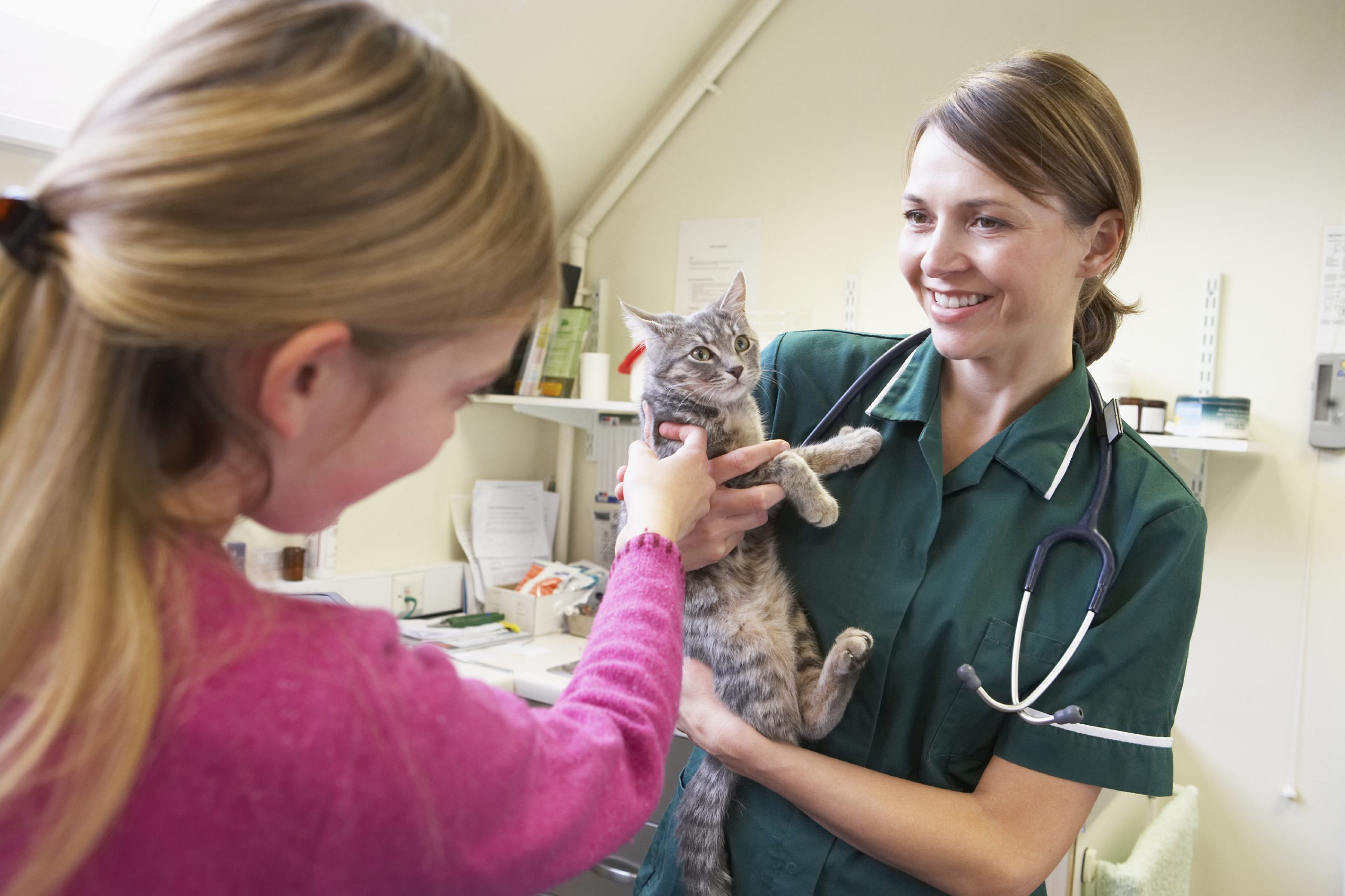Why Ethical Considerations Matter
Just Because We Can, Does It Mean We Should? How to Talk About Your Ethical Standpoint with Your Vet tackles the tough decisions pet owners face. It’s not just about the available treatments, but whether those are right for your pet and your family. These ethical considerations help us think about what’s truly best for our pets.
The article discusses the complexity of vet decisions. Should you go for chemotherapy or a big surgery for an older pet? There are no easy answers. Every pet and every situation is different. Some treatments could prolong life but with pain, while others might offer a better quality of life for a shorter time. That’s why it’s important to look at each case closely.
There’s also the question of potential outcomes. With some treatments, the chances of success might be high, but the side effects could be severe. With others, success might be a long shot. This is why it’s important to ask, “Just because we can, does it mean we should?”
“Ethical decisions in vet care are often about balancing quality of life with medical possibilities.” — Vet Help Direct
This article is valuable because it helps pet owners feel less alone in making these tough choices. It suggests taking a moment to think and talk openly with your vet. This way, you’re not rushing into treatments just because they’re available but really weighing all the factors to make the right choice for you and your pet.
What stands out is the idea of effective communication. Building a trust-based relationship with your vet can make these discussions easier. It’s not just about the technical side of things but understanding your emotional standpoint and what you want for your pet.
Communicating Your Concerns with Your Vet
When discussing your ethical concerns with your vet, keep the lines of communication open and honest. One way to do this is by preparing for your talk. Write down your main concerns and questions beforehand to ensure you cover everything during your appointment. This helps keep the conversation focused and productive.
It’s also helpful to have a good understanding of your pet’s specific medical situation. Don’t hesitate to ask your vet for explanations if you don’t understand a medical term or treatment option. For example, ask your vet to clarify if you’re unsure about a suggested treatment’s success rate or long-term effects. Here’s a simple table to help you remember some key points to discuss:
| Question | Why it’s important | Example |
| What are the treatment options? | To know all available choices. | “What treatments could we consider for my dog’s condition?” |
| What are the side effects? | To understand potential risks. | “What side effects should I expect with this medication?” |
| What is the success rate? | To gauge the likely outcome. | “How often does this surgery result in full recovery?” |
| Are there any alternative treatments? | To explore less invasive or different options. | “Is there a non-surgical treatment we could try?” |
| How will this affect my pet’s quality of life? | To consider your pet’s comfort and happiness. | “Will this treatment improve or reduce my cat’s quality of life?” |
Don’t forget – your vet is a resource. They’ve likely seen many similar cases and can provide insight into what might be best for your situation. Use your first consultation to gather as much information as possible. Don’t rush; take the time you need.
Additionally, try to stay calm and collected during these discussions. Feeling emotional when talking about your pet’s health is natural, but staying relaxed will help you communicate more effectively. If you feel overwhelmed, take a deep breath or ask for a short break. Remember, it’s about finding the best path forward for your pet.
Consider bringing a friend or family member to the appointment as well. They can offer support, help ask questions you might forget, and provide another perspective. Sometimes, another person can help catch details that you might miss.
Lastly, if you still feel unsure after the consultation, don’t hesitate to ask for a follow-up appointment to continue the discussion. Some decisions take time and a second conversation can offer more clarity.
The goal is to leave the appointment feeling informed and more confident about whatever decision you need to make for your pet. Discussing your ethical concerns with your vet helps ensure you’re making the best decision for your pet’s well-being.

Exploring All Options Together
When making tough decisions about your pet’s care, be open to exploring all options. Start by asking your vet to explain every possible treatment and its implications. This includes the usual treatments and any less common alternatives. Sometimes, another option might better suit your situation. For example, if surgery seems too risky for an older pet, a less invasive treatment might offer good results.
Consider your pet’s quality of life during treatment. Ask yourself if the treatment will improve their daily comfort or cause more distress. For instance, some treatments may prolong life but with significant discomfort. In these cases, it’s a delicate balance between extending life and ensuring it’s a happy one.
Your vet can also provide information on palliative care, focusing on comfort rather than curing the illness. This can be a good choice for pets with severe or terminal conditions, aiming to make their remaining time as pleasant as possible. Palliative care might include pain relief, special diets, or gentle therapies.
Understanding New Treatment Advances
Veterinary medicine is always advancing, with new treatments and drugs constantly under development. Don’t hesitate to ask your vet about the latest options for your pet’s condition. They can tell you which treatments are cutting-edge and which are more traditional.
For example, a new medication might offer pain relief with fewer side effects. Are these new treatments widely used, and have they been tested thoroughly?
Weighing the Costs and Benefits
Another important consideration is the cost. Some treatments can be costly, and you must consider your financial situation. Ask your vet for an estimate of all the costs involved, including follow-up visits, medications, and potential complications.
It might be useful to list the pros and cons of each treatment option. This can help you visualize the benefits against the challenges and costs. You might also find it helpful to discuss these lists with your family to ensure everyone involved in your pet’s care agrees with the decisions.
Lastly, always consider your pet’s welfare at the forefront of any decision. While cost and convenience are important, the primary focus should always be on what’s best for your pet’s health and happiness.
For more ideas and an in-depth discussion on this topic, you can read the full post at Vet Help Direct.

